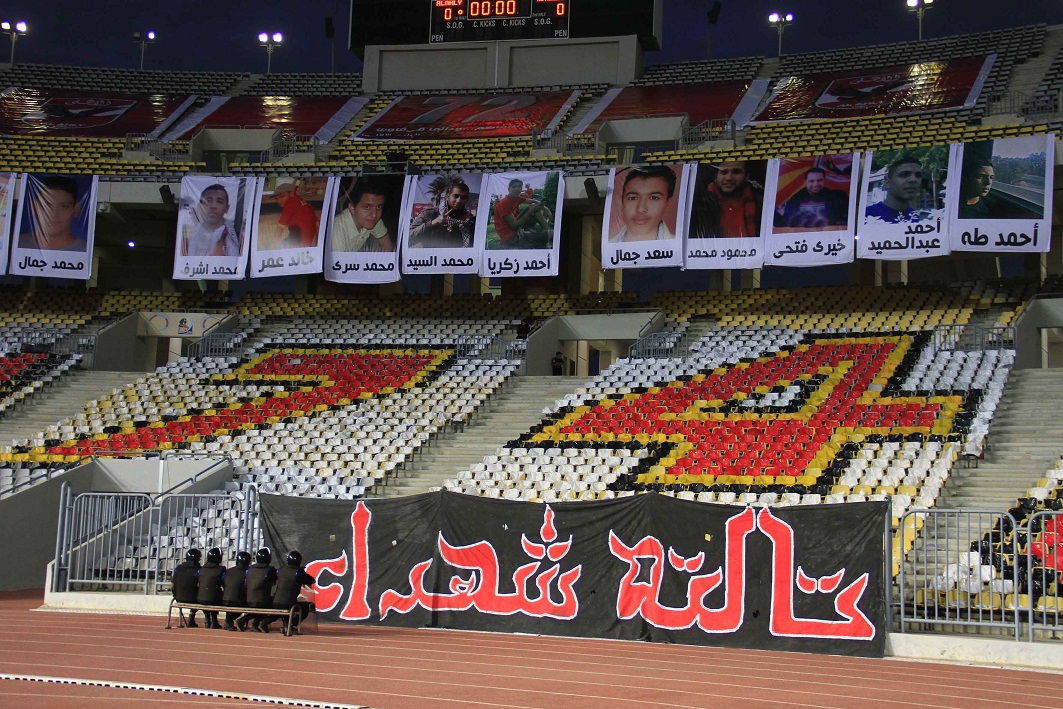Jordanians continued on Saturday angry protests for the fourth consecutive day against price hikes in fuel, electricity, and the controversial IMF-backed income tax bill, after the government and trade unions failed to reach an agreement to end the deadlock.
Hundreds of demonstrators on Saturday flooded the streets of the capital Amman and other cities amid a heavy security presence. Some protesters headed towards Prime Minster Hani Al-Mulki’s office to demand the “fall of the government,” holding Jordanian flags and signs reading “Jordanians will not kneel.”
Protesters blocked roads and burned tires, while police fired tear gas to prevent demonstrators from getting close to the government’s office.
The outrage came after the government decreed a new rise in fuel prices of up to 5.5% and a 19% hike in electricity prices, as well as laying out plans for a new income tax.
The standoff continued despite Jordanian King Abdullah II ordering on Friday freezing new fuel and electricity price hikes for a month.
The repeated increases and austerity measures come as part of demands for an International Monetary Fund (IMF) three-year $723m loan agreement signed in 2016. The new increases in fuel prices is the fifth since the beginning of 2018, while electricity bills have been raised by 55% since February.
The IMF loan aims at “advancing fiscal consolidation to lower public debt and broad structural reforms to enhance the conditions for more inclusive growth.” The country’s public debt has reached around $35bn, which is equivalent to 90% of its gross domestic product.
On Saturday, King Abdullah II called on parliament and the government to lead a “comprehensive, rational, and national” dialogue regarding the new income tax bill, saying, “it would not be fair that the citizen alone bears the burden of financial reforms.”
Trade unions’ representatives on Saturday met with Al-Mulki and the speaker of Jordan’s House of Representatives, Atef Tarawneh, to demand the bill be revoked, but they failed to reach an agreement to end the standoff.
However, Al-Mulki said in a statement that further meetings would follow, asserting that “forwarding the draft income tax law to the parliament does not mean the bill or any article of it is approved.”
Last week, Jordan’s trade unions called for protests against the price hikes and the controversial income bill. Thousands of Jordanians responded and flooded the streets, going on a general strike aiming at the withdrawal of IMF-backed austerity measures. Meanwhile, 78 out of parliament’s 130 representatives rejected the income tax bill, stating that it is “inappropriate.”



